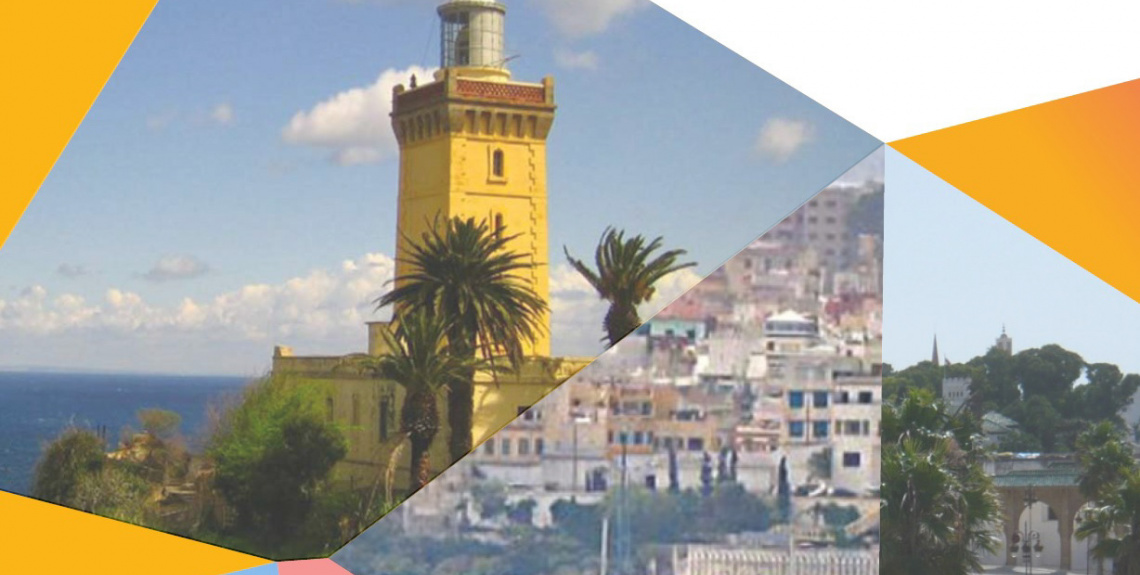Tangier is located at the north-western tip of Morocco and is a gateway between the African and European continents. Due to its geographic position, the city of Tangier has a long history of migration and experiences contrasting immigration profiles.
Whereas migrants arriving from the global North are widely accepted and welcomed, lower-income migrants from sub-Saharan Africa are perceived as either problematic or as a threat to the city.
In December 2014, the national government adopted the National Strategy for Immigration and Asylum, an integrated strategy that defines immigration as an economic, social and cultural opportunity, rather than a threat. The municipal government in Tangier acknowledges its humanitarian responsibility and facilitates access to basic services like shelter, education and health.
However, municipal authorities operate with limited financial resources and can suffer from a lack of effective communication and coordination between local, regional and national government levels; this impedes the implementation of a comprehensive approach to migrant inclusion.
To fulfil its responsibility, the city of Tangier actively encourages civil society organisations to partner with local government actors around issues of migration. In 2016, the city of Tangier supported five civil society organisations through such partnerships.
This case study was developed in the framework of the Mediterranean City-to-City Migration Project (MC2CM), a project coordinated by ICMPD and funded by the European Union and the Swiss Agency for Development and Cooperation. The MC2CM project has been working since 2015 with Amman, Beirut, Lisbon, Lyon, Madrid, Tangiers, Tunis, Turin and Vienna to increase the knowledge base on urban migration.
Additionally, the project has sought to nurture a peer-to-peer dialogue and mutual learning on specific urban challenges such as social cohesion, intercultural dialogue, employment and provision of basic services for migrants, among others.


